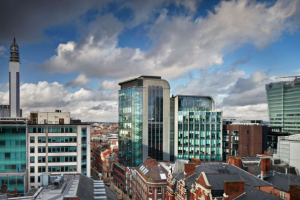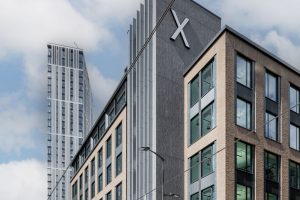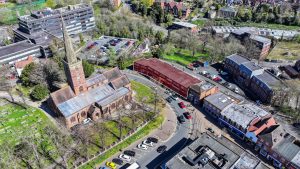City’s hotels lead UK for revenue growth

BIRMINGHAM’S hotels enjoyed the strongest performance out of all of the major cities in the second quarter of the year, with average room revenues increasing 16%.
The key measure of revenue per available room (revpar) – which takes into account both price charged and how full the hotels are – grew faster than the UK’s 11 other major cities. Four cities, including London, saw a decline in its revpar levels.
International tourists were seen as behind the growth, analysis by HVS and Alix Partners showed, with the 12% increase in passengers at Birmingham Airport highlighted as a factor. High-profile events in the second half of this year, such as the Conservative Party conference in October and the BBC Sports Personality awards in December, are expected to maintain the sector’s momentum in the city.
Separate data from Marketing Birmingham, for the period March to May, showed average occupancy rates of 75% were the highest in the 13 years figures have been collated. It also found a strong rise in revpar at the city’s hotels.
Emma Gray, director of marketing and communications at Meet Birmingham, said: “With a 17% growth in domestic tourists since 2010, and the largest increase of international guests outside London in the last two years, Birmingham is welcoming more visitors than ever.
“It’s therefore encouraging to see the city’s rising popularity being mirrored by strong figures within its hotel sector.”
In March, Park Regis opened its first hotel in Europe after a £50m development at Five Ways and the 90-bedroom AC Hotel opened at the Mailbox in May.
Ms Gray added: “While a host of new brands have recently chosen to launch in Birmingham, there are a further 14 hotels – amounting to more than 2,000 bedrooms – in the pipeline, demonstrating the confidence that investors currently hold in Birmingham’s visitor economy and tourism offer.”
Although the economic uncertainty generated by the EU referendum result is causing some concerns, there are positive consequences for hoteliers.
HVS chairman Russell Kett said: “The Brexit decision is having the double-impact of weaker sterling and a reduction in anticipated economic growth.
“This is both good, and bad, news for the sector in that Britain becomes a cheaper destination for overseas visitors, dampening outgoing UK travel but potentially increasing the F&B costs as some suppliers pass on price rises.”








